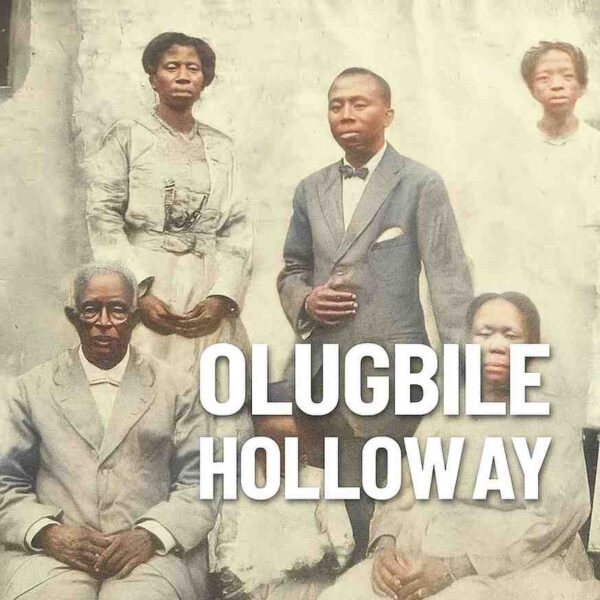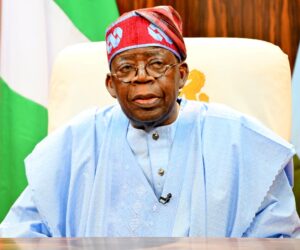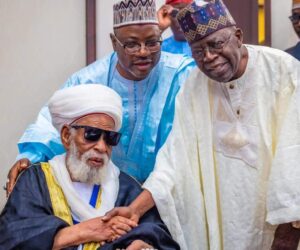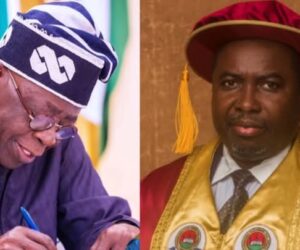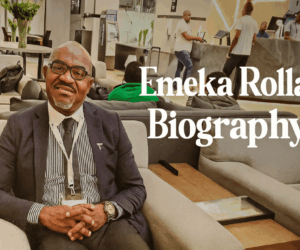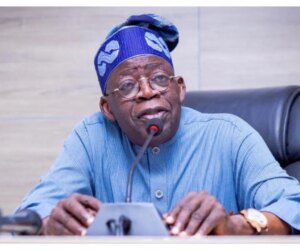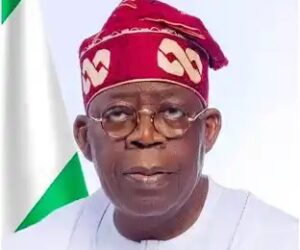LAGOS — In a city where names carry the weight of history, the Holloways are more than just a family; they are a legacy. And today, that legacy finds a new voice in Olugbile Holloway, the recently appointed Director General of Nigeria’s National Commission for Museums and Monuments.
Olugbile’s rise to national prominence is not just a story of personal achievement. It’s the continuation of a lineage that has shaped Lagos for over a century. From the colonial streets of Ebute Metta to the corridors of government, the Holloway name has long stood for civic duty, cultural pride, and quiet influence.
Born into one of Lagos’s oldest families, Olugbile Holloway carries the imprint of generations before him. His great-grandfather, Olugbile Roger Holloway, appears in archival photographs from 1915, a time when Lagos was still under British rule and families like the Holloways were already establishing themselves as pillars of the community.
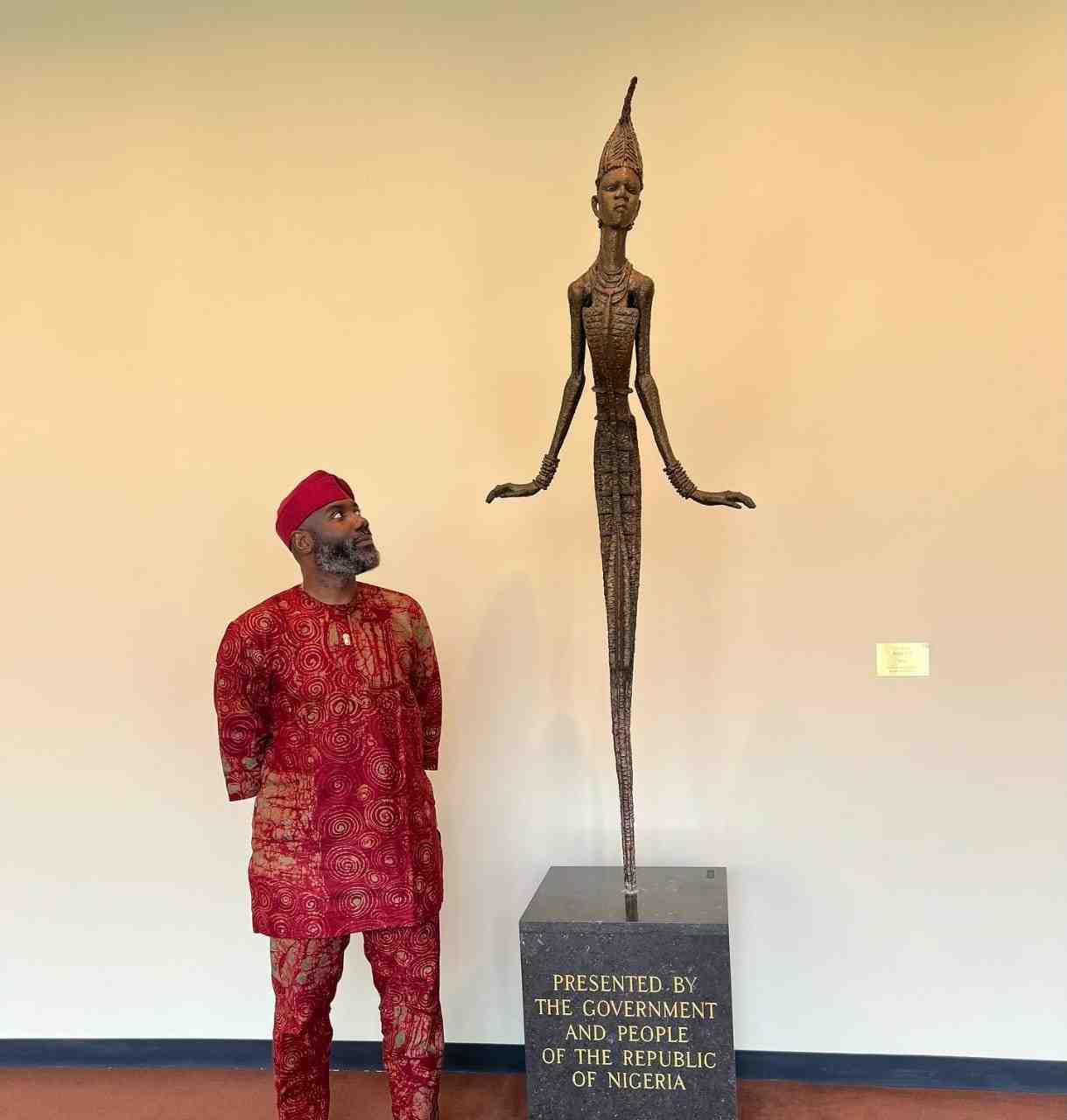

The family’s roots trace back to John Benjamin Holloway, known as Enuyami, whose descendants would marry into other prominent Lagos families like the Coles, the Allens, and the Cardosos, weaving a tapestry of influence that still resonates today.
Educated in the United Kingdom, Olugbile returned to Nigeria with degrees in politics, international relations, and marketing. He built a successful career in advertising, shaping campaigns for household brands like Cowbell and Etisalat.
But public service was never far from reach. His grandfather, Chief Oludare Holloway, served as the Public Relations Officer for the Nigerian Railway Corporation in the 70s; his father, Shayo Holloway, served as the General Manager of the Lagos State Water Corporation under Governor Bola Ahmed Tinubu, a role he held for over a decade; and his uncle, Disun Holloway, served as the Commissioner for Culture and Tourism under Governor Babatunde Fashola.
Now, Olugbile steps into a role that feels almost predestined. As head of the NCMM, he is tasked with preserving Nigeria’s cultural heritage, a mission that mirrors his own family’s story.
In many ways, Olugbile Holloway is both curator and heir, preserving the nation’s past while embodying it. His appointment is not just a nod to his credentials but to the enduring legacy of a family that helped shape Lagos and now, perhaps, Nigeria’s cultural future.
The Holloway name lives on not just in history books or family trees, but in the work of a man determined to honor it.

